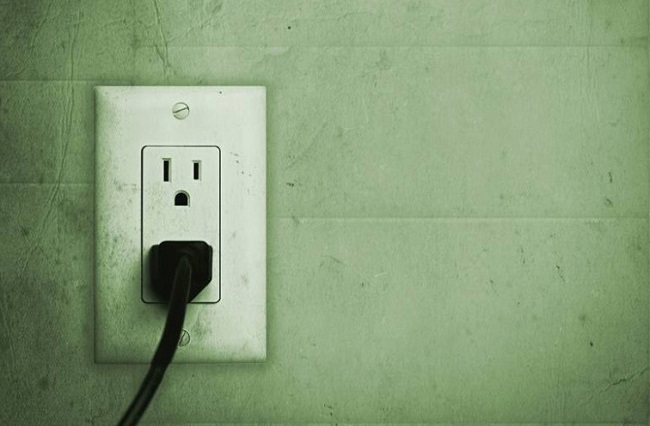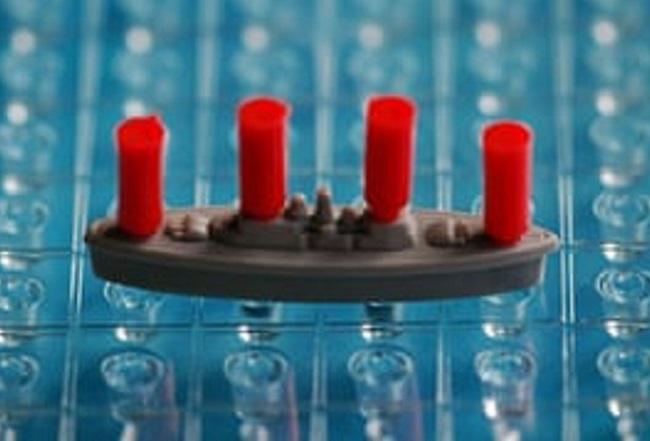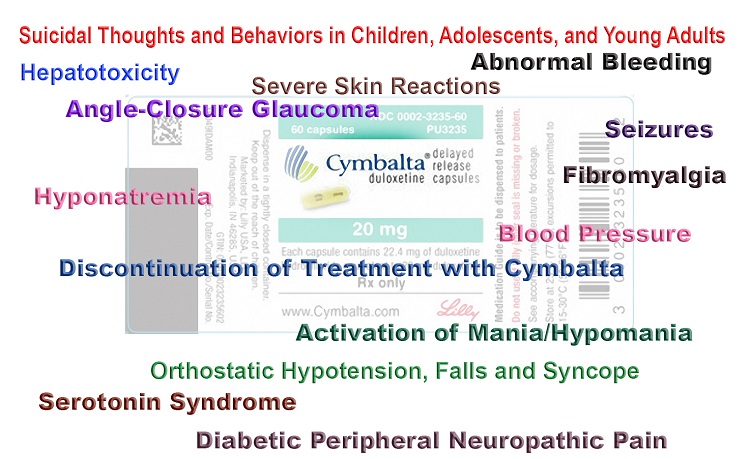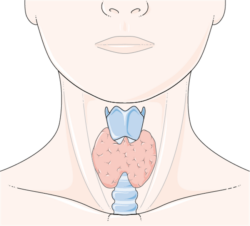Mitochondrial Disease with Opthalmoplegia and Hearing Loss
Four years ago, I was diagnosed with mitochondrial disease, the form known as chronic progressive external ophthalmoplegia (CPEO). Mostly, it affects muscles from the neck up but can also affect my heart as well as my overall energy levels. It was a diagnosis I fell into. I had been hit in the eye with a rock around 6 years old and slowly the eye lid muscle started not working as well. I had two surgeries on my eyelid by 21 years old and all looked good until about 40 years old. I noticed my eyelid would not open as well. The eye surgeon performed eyelid surgery on my left eye again.
All my young years, I had extreme balance issues. I would be standing or sitting and just lose my balance. The pediatrician said it was just bad balance. However, I found most of my balance issues were resolved when I took up running / jogging at 23 years old.
At age 42, I was diagnosed with a bone tumor in my right femur. Thankfully it was benign, but it was the size of a golf ball and I had an 8.5 inch plat right behind my iliotibial band for a year.
At age 43, I found that eating all-natural, no preservative, raw foods enabled me to think so much more clearly than ever in my life. It felt as if a cloud had lifted.
I started natural bodybuilding around 47 years old and found the more I lifted weights along with running, the better my energy levels and cognitive function was.
I found that high sugar or alcohol several limited not only my energy level, but a few days of poor eating limited my cognitive thinking.
In 2015, I found I was seeing double and went to the eye doctor for help. The doctor recognized that I had slight facial paralysis as well, indicating an issue beyond their scope of care and referred me to the Jules Stein Center in UCLA. That doctor advised that I had more issues that needed clarification by UCLA neurologist before he could assist with my eye muscles.
Diagnosing Mitochondrial Disease
The neurologist went through a long screening process from my childhood to present. He had a theory that my condition was related to mitochondrial disease and requested a muscle biopsy to confirm. He cleared me for eye surgery and collected a muscle sample from my strabismus surgery which confirmed the diagnosis. Since then, I have had three more surgeries. My eye muscles will always be moving, so we are hoping to hold off more surgeries because they can only handle so much.
Some of the issues that assisted the doctor in the diagnosis of mitochondrial disease included my height. I am 5’1” and the rest of my family is well over 5’5”, my eyes, and I have had issues swallowing sometimes, and almost choking. My throat muscles sometimes do not work well when I do not eat natural food. In addition, I have otosclerosis (abnormal remodeling of the bone in the middle ear that causes hearing loss). I was diagnosed with otosclerosis in my early 30s and, even after stapedectomies (a surgery to improve hearing), I was 100% deaf in my left ear and only 60% on my right – this was managed with a hearing aid for over 20 years.
They suspect my disease may be genetically inherited, but I come from a large family and in all of them there were never similar issues. The other option is that my body exposed to some kind of pollutant. While it could be anything growing up in NYC, I feel certain it had something to do with a marble size mercury ball I swallowed at 5 years old that had we found from a broken thermometer. Although, from the age of two, I had been very ill, by the time I was five years old, before the mercury, I had had scarlet fever, mumps, rubella, constant tonsillitis, and all the way to adulthood, multiple ear infections. In fact, all the way into my late 30s, I caught a cold with fever swollen glands and cough right around the time of my period every single month. It wasn’t until I went all raw for a couple of years, that I stopped getting sick. Now except for September of 2018, I rarely get sick.
Managing Mitochondrial Disease: Diet, Exercise and Avoiding Toxicants
There is no cure. The only way to manage mitochondrial disease is healthy nutrition as well as using vitamins and supplements. Unfortunately there are no doctors in the area that even know what the disease is. There are multiple medications that I hesitate to take because they can damage more mitochondria. I am not interested in a clinical study at this time unless it is with 100% natural ingredients.
In 2018, I realized that in bodybuilding the tanning spray causes mitochondrial issues. Immediately after spray, I lose balance and become exhausted. I started powerlifting instead so I could still compete, as I found competition pushes me to be more dedicated to exercise. However, I stopped eating like a bodybuilder and started adding sugar, alcohol etc. to my diet to gain mass, not realizing how much damage it was doing to my body.
In September 2018, I had an undiagnosed autoimmune response in which my lymph gland close to my right ear swelled so much that I was losing more hearing ability. Though not totally deaf, I went to the ER, multiple ENTs, even the dentist, in case it was TMJ. I had a biopsy of my lymph node as well and it came back negative. On December 28, 2018, I woke up completely deaf. A physician at UNLV School of Medicine came in from his vacation to give me steroid shots in my ear drum in hopes of restoring at least some hearing. This did not work. In February 2019, I received my first cochlear implant and in August 2019, I received the second. Both work extremely well and I can now hear again.
The Loss of Energy with Mitochondrial Disease
My exhaustion levels for most of early 2019 year have been relatively high. Slowly, I am regaining strength and managing my energy levels. I am very careful what I eat and drink because I feel my life is at stake. I started doubling up my L-Carnitine levels in late July and have seen an improved energy level.
Over the next few weeks, I will start experimenting with CoQ10, PQQ and there is a new product I heard about that is MitoQ that I may try after. I just want to be sure it will benefit me individually. I have found that while some supplements work for many with the disease, they are not beneficial to me.
I did try the allithiamine supplement for 60 days and there was no positive or negative affect.
There is definitely a correlation of eating well and adding supplements to be noted.
At this point, my daughter suffers the same issue where she gets sick every time she has her period. Like me, she does not have the time to keep going to the doctor who simply diagnoses it as a cold or upper respiratory infection rather than look at the source.
I have no faith in doctors here, as when I tell them I have mitochondrial disease, they do not even know what it is. Even when I show them the mitochondrial toxin list, they prescribe toxins to me that may hurt me.
The United Mitochondrial Foundation is available for doctors to use as resources for information.
I truly believe the best I can do is monitor what I eat, keep trying supplements and hope that I do not get sick again. If I am unsuccessful, I am certain it will definitely kill me.
We Need Your Help
More people than ever are reading Hormones Matter, a testament to the need for independent voices in health and medicine. We are not funded and accept limited advertising. Unlike many health sites, we don’t force you to purchase a subscription. We believe health information should be open to all. If you read Hormones Matter, like it, please help support it. Contribute now.













